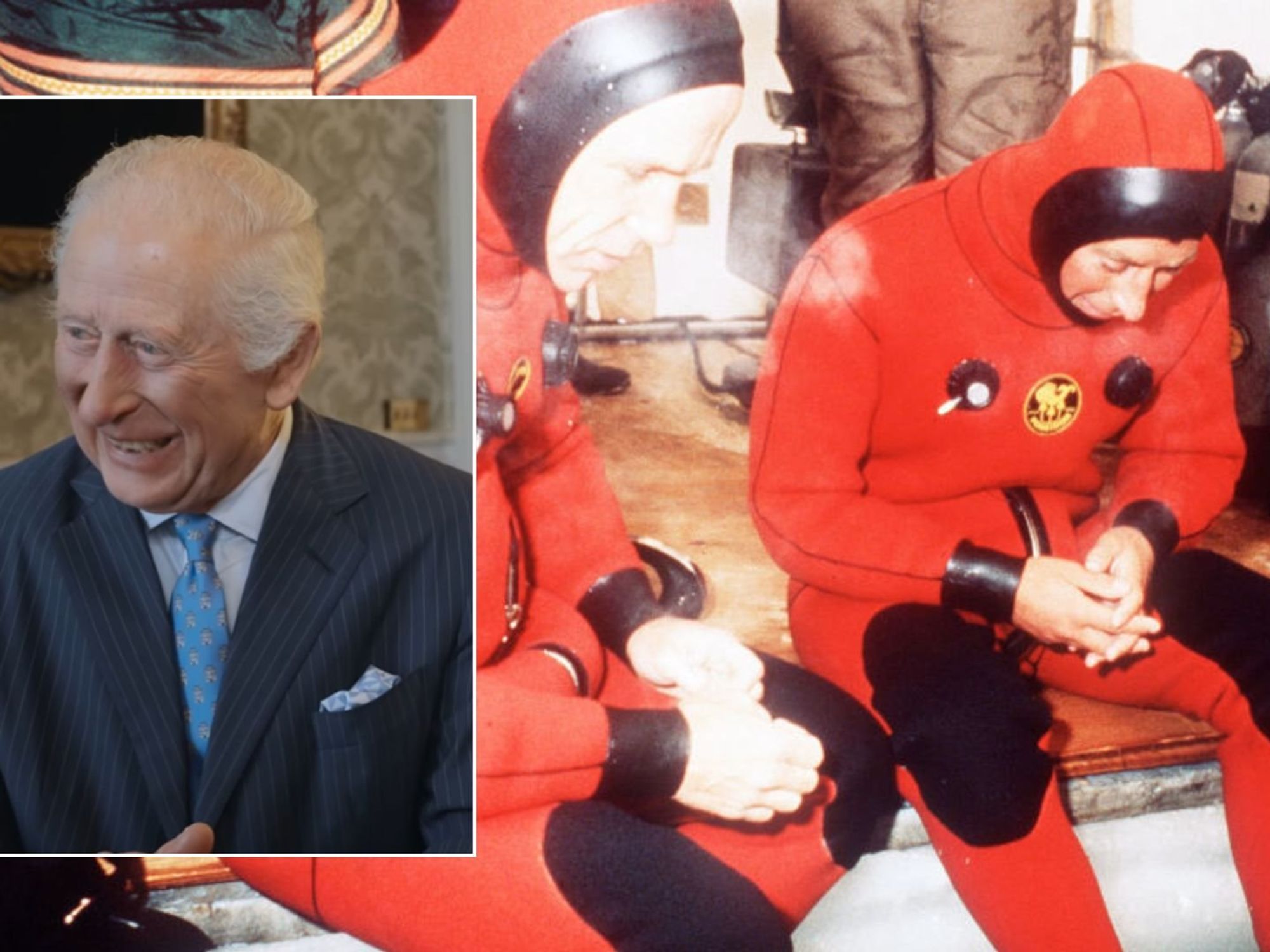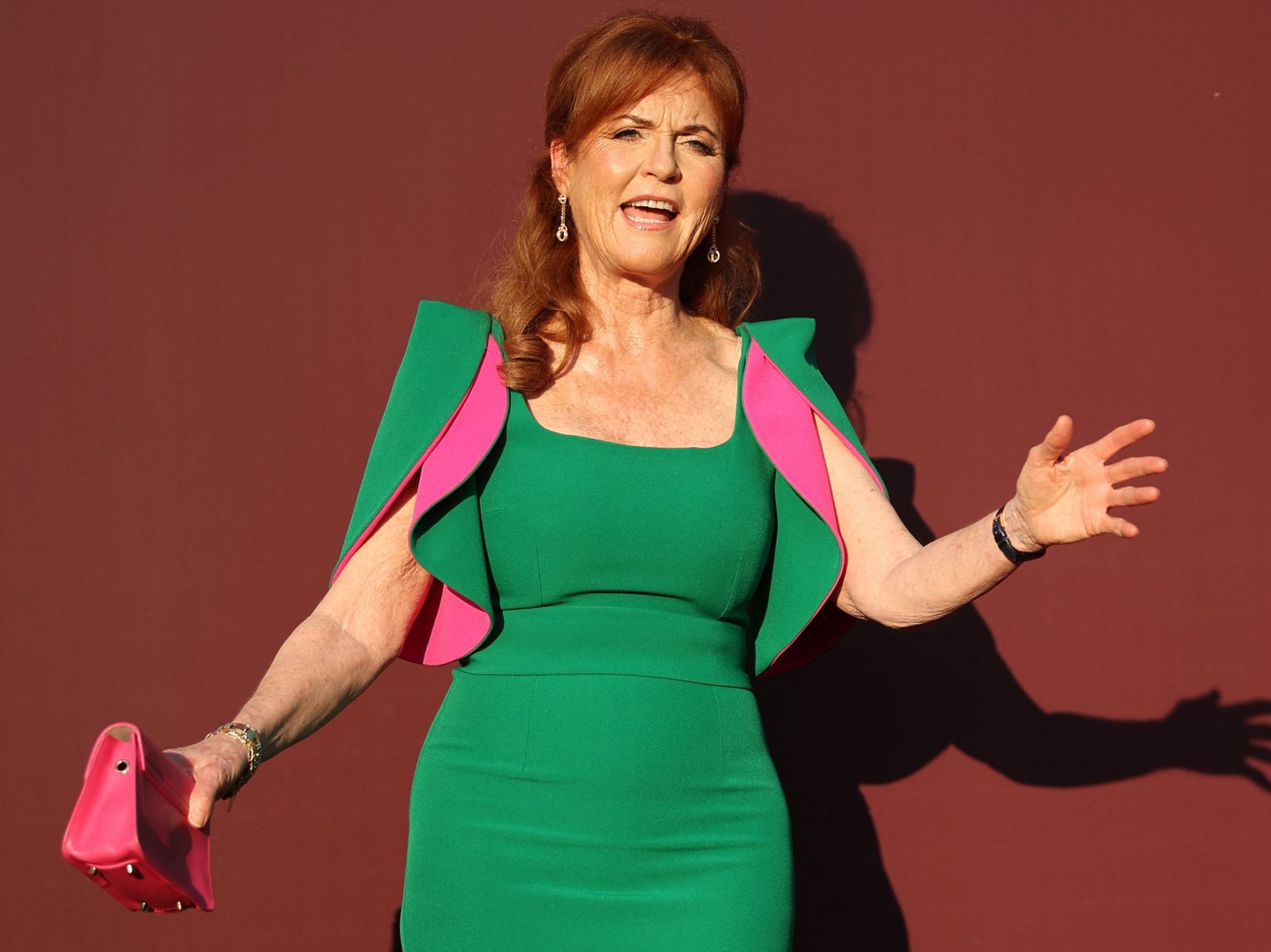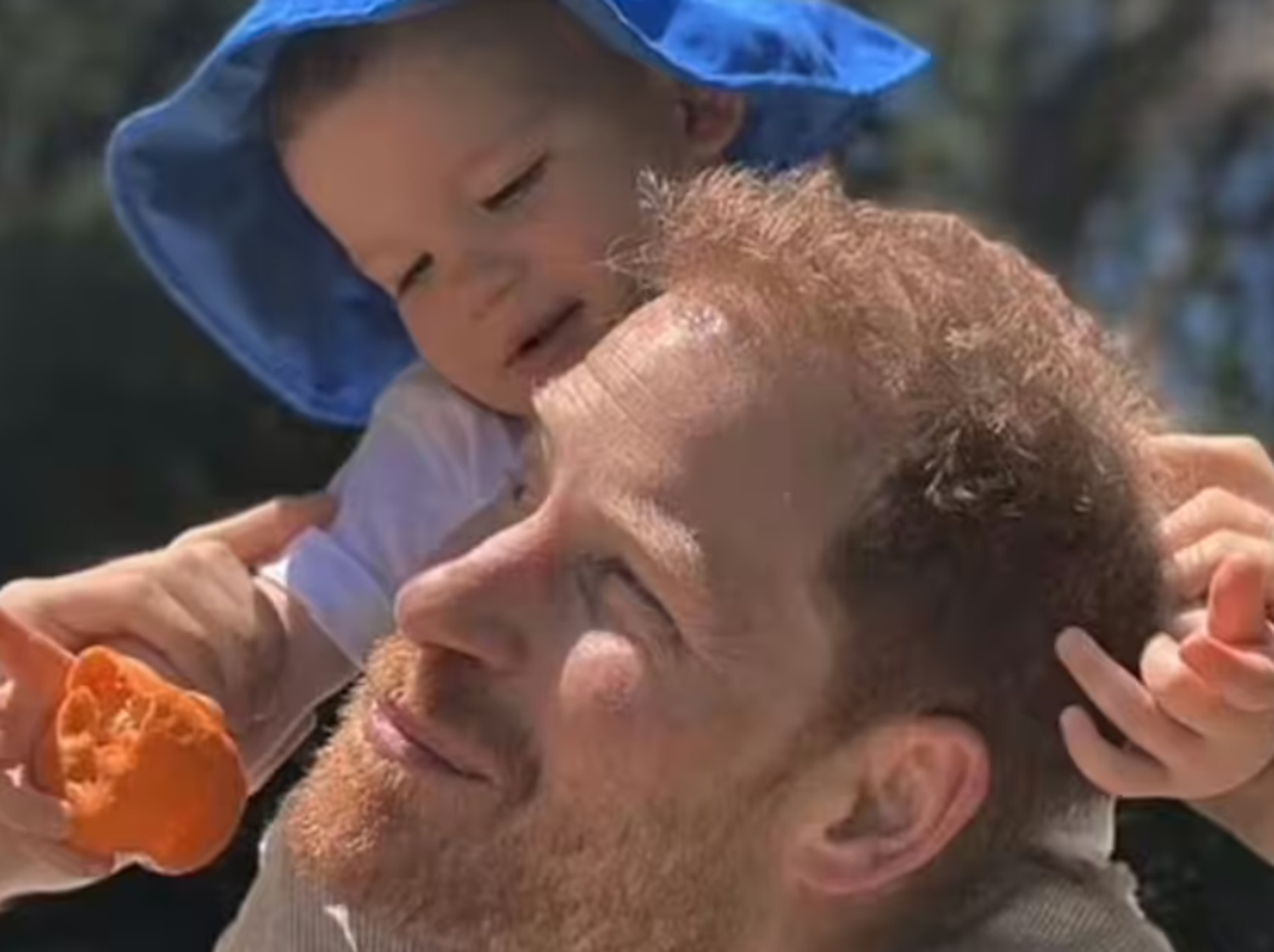Andrew Doyle: Culture warriors are now mainstream voices in society and have considerable power

By Andrew Doyle
Published: 29/08/2021
- 19:54Updated: 29/08/2021
- 21:37A few angry tweets from activists is not news and can be safely ignored, but when it’s coming from mainstream media that is worrying.
Don't Miss
Most Read
A gay man is assaulted and robbed at a Pride event for his opinions. The children’s novelist Judith Kerr is criticised because the tiger who came to tea wasn’t gender-neutral. And social justice activists are angry about Paw Patrol. All of that is coming up tonight in Free Speech Nation.
An article in the Daily Mail claims that the ‘cancel culture mob’ are going after the popular children’s show Paw Patrol, specifically the new movie version.
They quote a number of tweets from furious activists who call the show “copaganda” because it depicts the police in a positive light.
Specifically, they’re annoyed that the lead character is the police officer known as Chase. Chase, by the way, is a German shepherd, so at least the show is representing diverse nationalities.
Now I’m always very wary of news stories that simply take a few tweets and exaggerate their impact. A few idiots online claiming complaining about Paw Patrol isn’t really news. However, this is the Guardian’s review of the film.
It describes the Paw patrol movie as ‘authoritarian neoliberal propaganda’, attacks its ‘gender essentialism’ and accuses it of ‘gross right-wingery’ and ‘a sort of Ayn Randian objectivism’.
It’s a cartoon about dogs. Of course it’s not surprising that the Guardian does this kind of thing. This is, after all, their culture war. The one its writers have been waging non-stop for the past five years while claiming that the culture war was invented by the right-wing press and the Tories. And look, a recent study revealed which publication talks about the culture war the most.
Oh look, the Guardian’s right there at the top, which more than double the number of references than its nearest rival. Who’d have thought it?
It used to be the case that the culture wars were just limited to the dark recesses of social media. But now it’s mainstream publications like the Guardian that are taking up the mantle and getting all hot and bothered over whether cartoon dogs are sufficiently diverse. This is reminiscent of the Pink News, who reported on the popular cartoon Bluey.
Critics wanted to know why they weren’t more ‘disabled, queer, poor, gender diverse or dogs of colour’? in the show. Of course dogs of colour have always been woefully underrepresented in children's cartoons. Just look at the dogs in Bluey.
I mean, those dogs are oppressively white. Especially the blue one.
And it’s not just dogs. This week the co-director of Zero Tolerance, a Scottish charity that has done some excellent work in the past relating to violence against women, decided instead to go after children’s books in a “gender and diversity audit” of thousands of books in 21 nurseries.
In an interview for the BBC, the charity’s co-director Rachel Adamson singled out The Tiger Who Came To Tea by Judith Kerr for its problematic representation of gender stereotypes.
Why isn’t the tiger gender-neutral, she asked? Maybe because it’s a tiger, and the notion of gender fluidity hasn't yet caught on in the big cat community.
Adamson also drew a direct line between the representation of the father, who comes home at the end of the story and takes the family to tea, to the reinforcement of gender stereotypes that leads to male violence and sexual assault. This is quite a claim, one not backed up by any evidence.
Judith Kerr was an incredible woman. She fled the Nazis as a young girl, went on to sell over 10 million books, and her story The Tiger Who Came To Tea has been a firm favourite with kids since it was published in 1968. You’d have thought a woman who’d achieved so much would be cut a little slack. And if Zero Tolerance are really interested in tackling gender stereotypes, maybe they should be talking to the SNP who are pushing gender ideology in schools, an ideology which rehabiliates outdated sex stereotypes and calls them progressive.
Anyway, there’s a lesson to be learned in all this, I think. When it comes to the culture war, we need to be wary of how the media represents it. A few angry tweets from activists is not news and can be safely ignored. But when it’s coming from national newspapers like the Guardian or from directors of charities being interviewed on the BBC, that is worrying. Because it shows that the culture warriors are now mainstream voices in our society and have a considerable degree of power. And although it’s a cliché, it’s important to hold the powerful to account.











